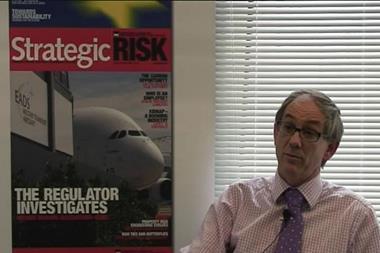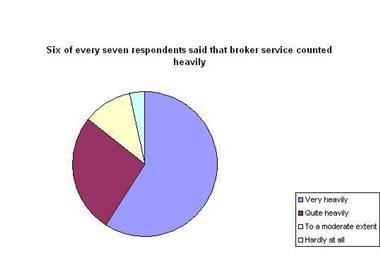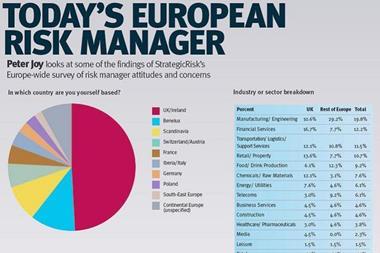University of Southampton examines how companies involved in major infrastructure projects need to regard operational risk
Professor Stephen Ward of the University of Southampton School of Management is encouraging engineers to change the way they think about risks.
He has been awarded a £23,000 research grant from the Institute of Civil Engineers (ICE) for a preliminary study, examining how companies and organisations involved in major infrastructure projects in transport, energy, water and waste management need to regard operational risk in the 21st century.
He wants to look beyond the commonly recognised project risks of time, cost and specification to consider uncertainties associated with the long-term operation of infrastructure.
‘Traditionally, a contractor has seen its responsibility for risk end when the project is over, for example when a power station is handed over to its owners,’ said Professor Ward. ‘But, under systems such as Private Finance Initiatives (PFIs), construction companies can remain involved for many years afterwards.’
“I want to understand the scope of operating risks and highlight them to the civil engineering community by finding out what companies are doing now and exploring what they could do in future.
Professor Stephen Ward of the University of Southampton School of Management
He argues many risks associated with operating infrastructure are difficult to pin down. Companies building a road do not know how much traffic it may carry in future or exactly how well or badly it may be maintained and repaired. Nuclear power stations may become targets for terrorism. Government policy decisions may turn a viable business based on the continued operation of infrastructure into an unprofitable one. New environmental laws may transform the economics of some forms of infrastructure operations.
Professor Ward has already discussed the perceptions of risk with experienced managers from a variety of infrastructure operators.
‘I want to understand the scope of operating risks and highlight them to the civil engineering community by finding out what companies are doing now and exploring what they could do in future,’ said Professor Ward. His results will be published late in 2008.




















No comments yet